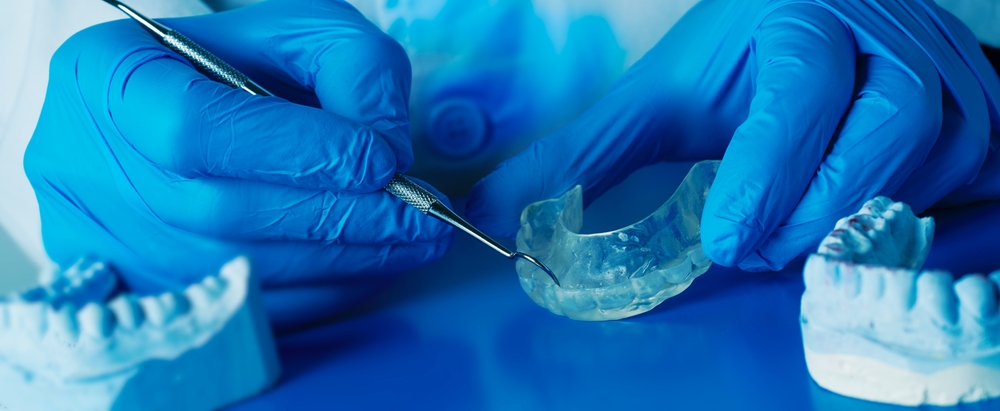OUR SERVICES
What is bruxism?
Bruxism is excessive clenching and grinding of teeth which is not part of normal chewing movements. It can lead to excessive wear on teeth and may cause permanent damage to the teeth and jaw joints.
Excessive clenching and grinding of teeth are not healthy actions and can occur during the day or at night. Due to lack of conscious control in sleep, excessive grinding and clenching can potentially damage the jaw joints (TMJ) and teeth. This can be assessed at our sleep clinic Canberra.
Do you think you grind your teeth in the night ?
Book Consultation So that we can asses your teeth and muscles and advise you accordingly.
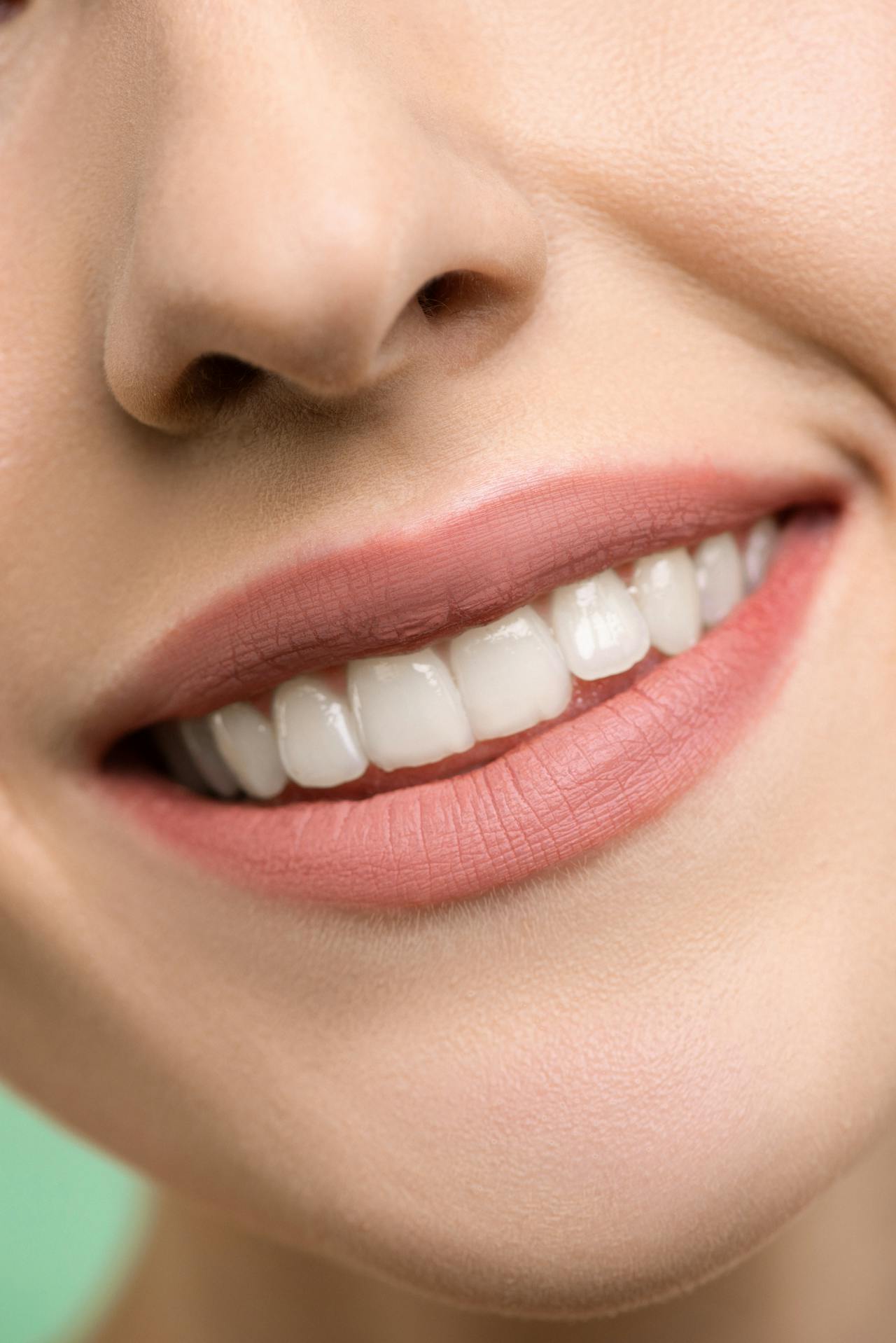
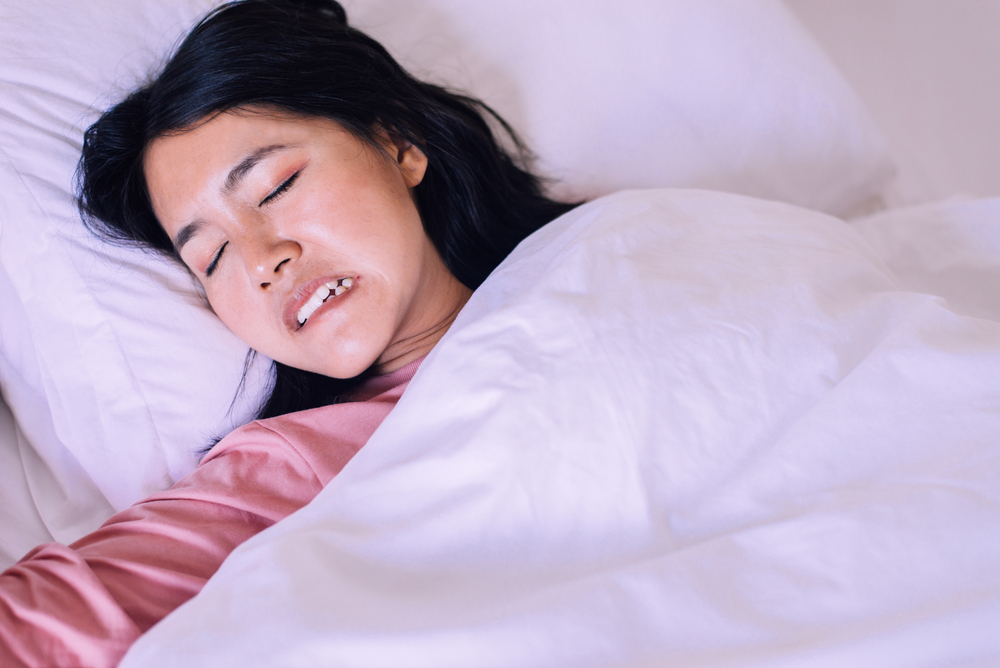
Muscles involved
Which muscles are involved in brusixm ?
The three main muscle groups involved in bruxism are
- Temporalis and Masseter — brings the jaw together.
- Lateral pterygoid — moves the jaw sideways.
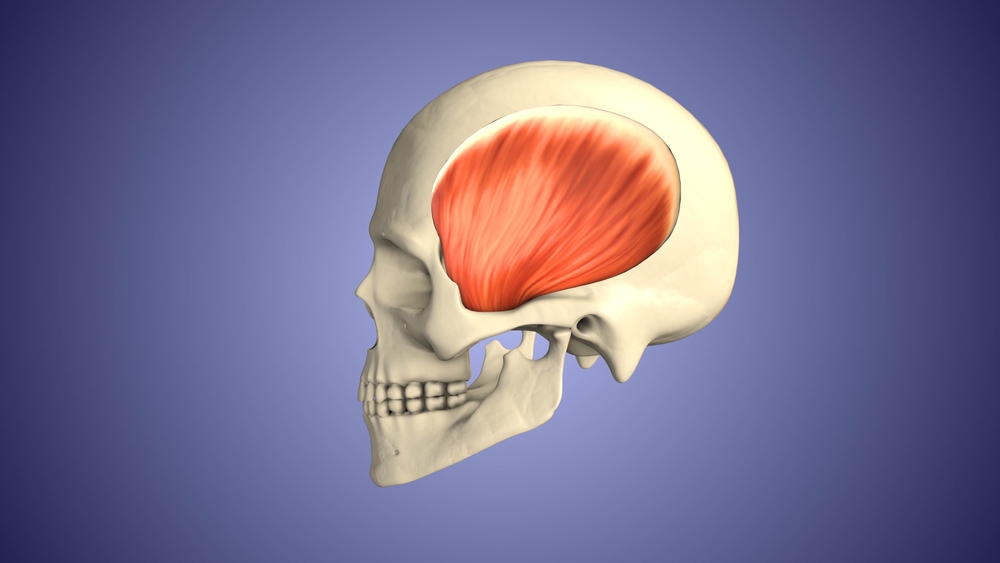
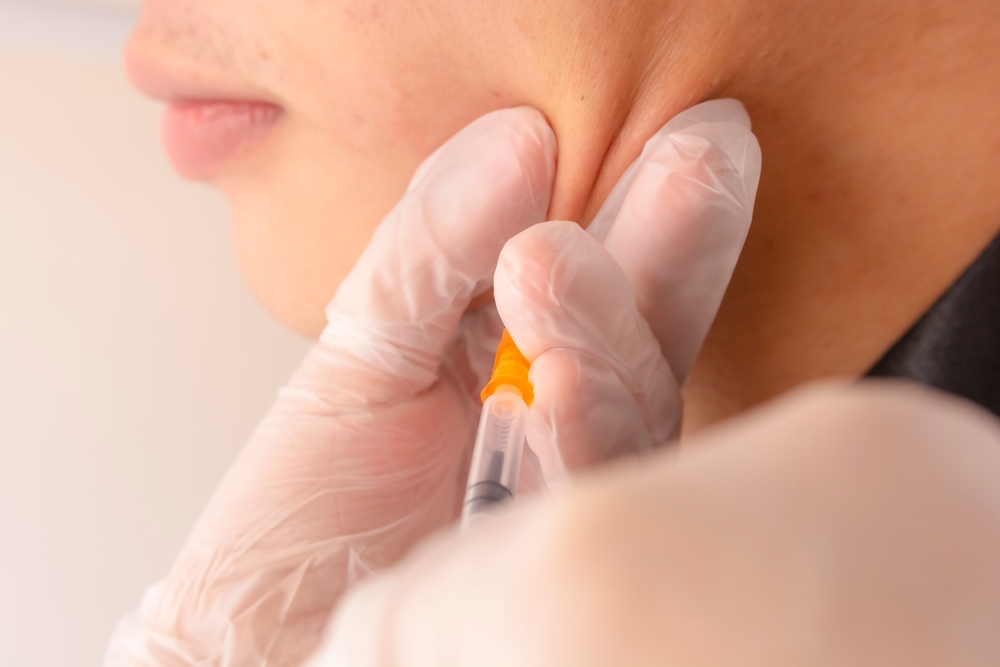
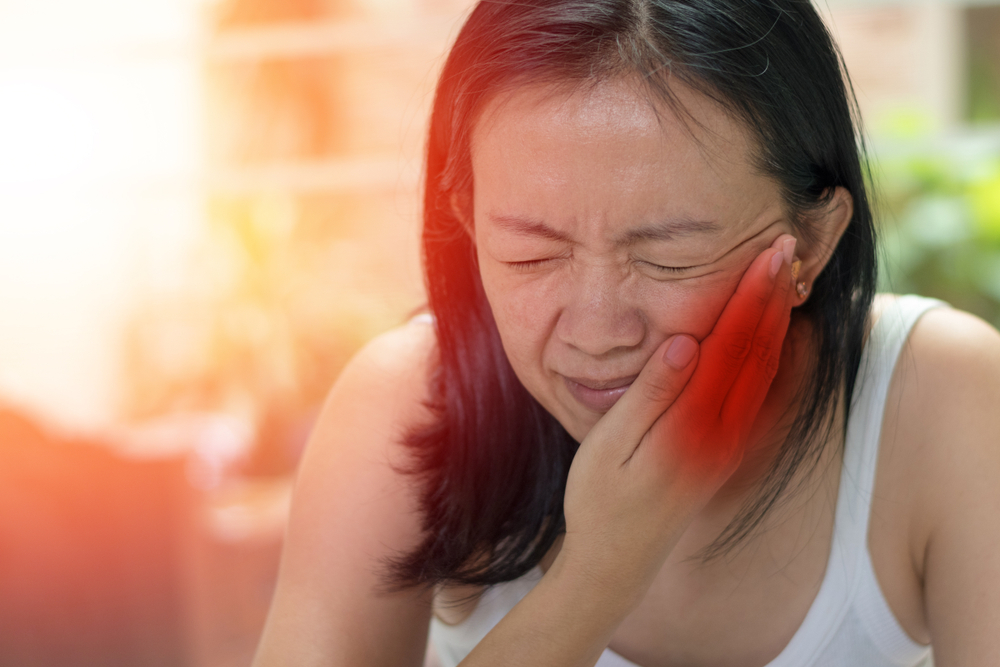
What causes
What causes Bruxism?
The causes of bruxism are still being studied, some of the identified causes are,
- Physical stress such as an illness , nutritional deficiencies or dehydration, particularly in children
- Psychological stress , anxiety , in adults and children
- Studies have shown that excessive night bruxism is a sleep disorder and may sometimes be associated with sleep apnea
- Other abnormalities of teeth and jaw that can cause improper occlusion may in some cases lead to bruxism
Symptoms
What are the signs and symptoms of Bruxism?
Signs and symptoms may vary according to the frequency, nature , duration and strength of excessive clenching and grinding . Some of the common ones are
- Pain or pressure sensation in the teeth and sensitivity to heat and cold
- Chronic facial pain with tension headaches caused by intense muscle contraction
- The noise that occurs when teeth are ground together, usually noticed by partner and friends
- Flattened tooth surfaces exposing inner yellow dentine layer of the tooth
- Tooth sensitivity issues
- Microfractures of the tooth enamel
- Chipped or broken teeth
- Fractures of fillings, crowns or other restorations
- Loose teeth with possible damage to the sockets of the teeth
- Stiffness and pain in the jaw joint, muscles, this can cause restricted opening and difficulty in chewing .
- TMJ damage may occur , which can be slow to heal .
- Limited mouth opening
- TMJ clicking
- Ear ache
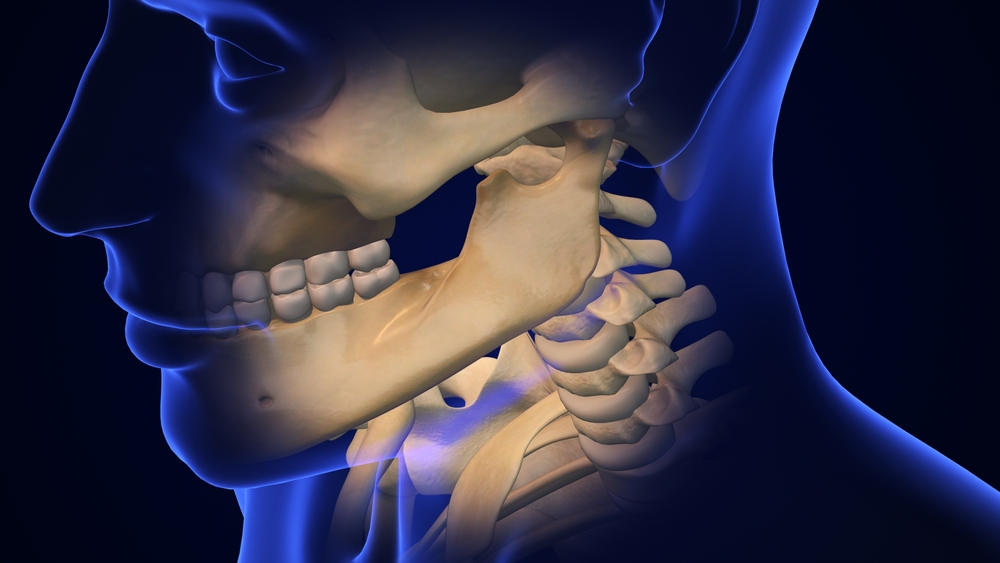
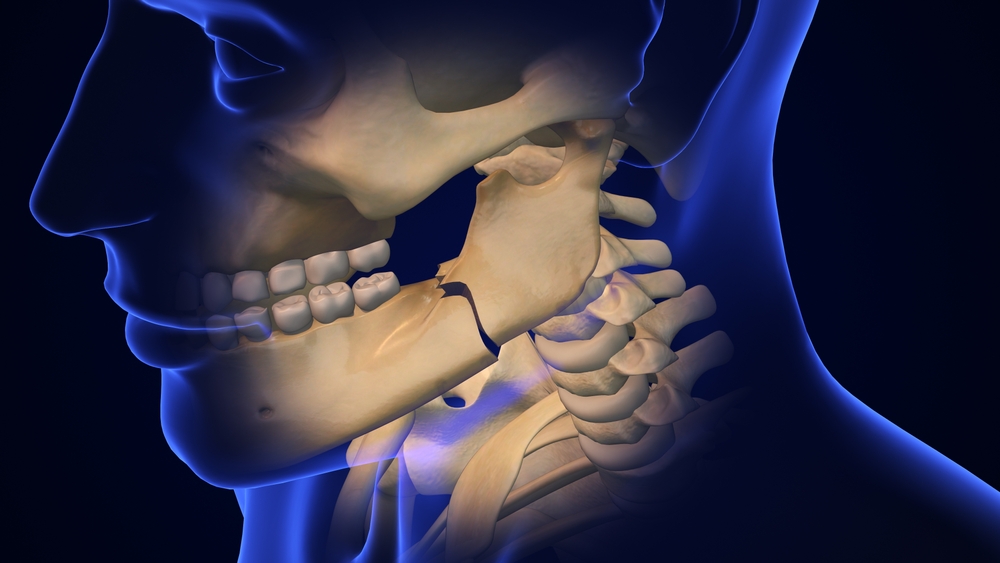
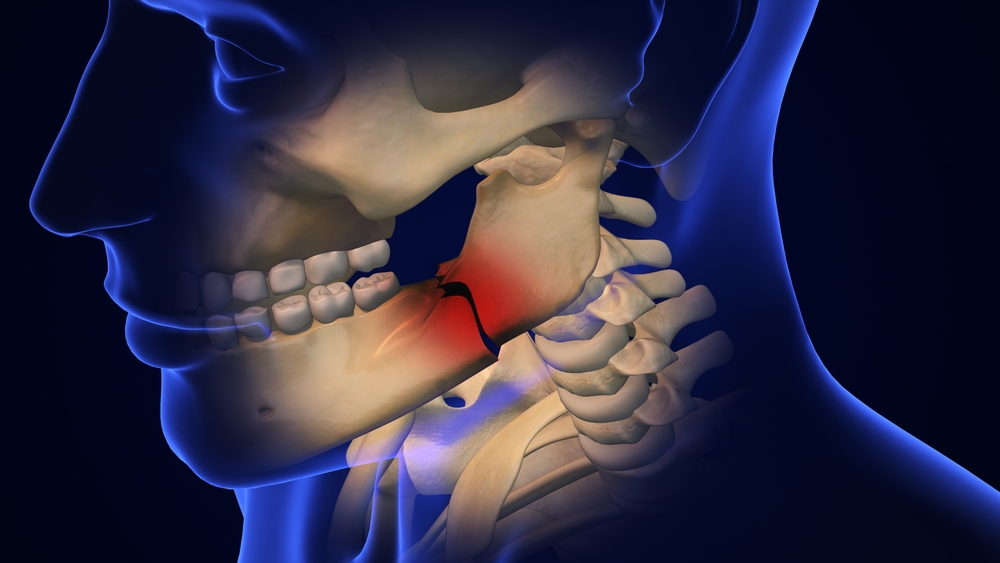
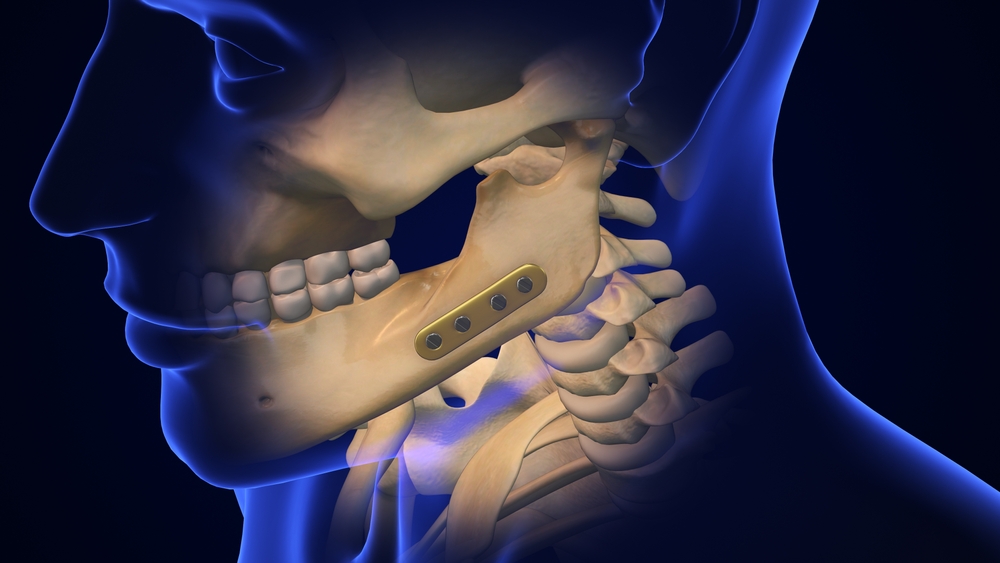
diagnosis
How do we diagnose Grinding?
- A thorough medical history will be collected to identify any contributing factors
- a brief psychological assessment will be conducted through some questionnaires
to determine if that is exacerbating grinding . - Palpation to identify tender muscles
- Palpation of the joints
- Checking the range of movement,
- Identifying Jaw joint noises
- Bite assessment
- Tooth wear and movement of teeth
REMEDY
Treatment
Treatment aims
- To remove the causes of bruxism
- To change the behavior that causes bruxism
- To repair the damage that bruxism often causes
Treatment of bruxism
- Referral to your medical practitioner for further assessment, if we suspect any general health problems
- Counselling, stress management or relaxation methods may be recommended for stress related causes of bruxism
- Occlusal splint may be recommended
- Pain killers may be recommended for muscular facial pain, headaches and jaw joint pain
- Muscle relaxant medication may be prescribed to help relax the jaw muscles
- Prescription drugs are limited to short duration and severe cases
What is an occlusal splint?
It is an option for someone with mild to severe grinding. It is made of molded hard plastic and worn at night. Based on the examination findings, we will determine the type of splint and will advise you on the design and the costs.
